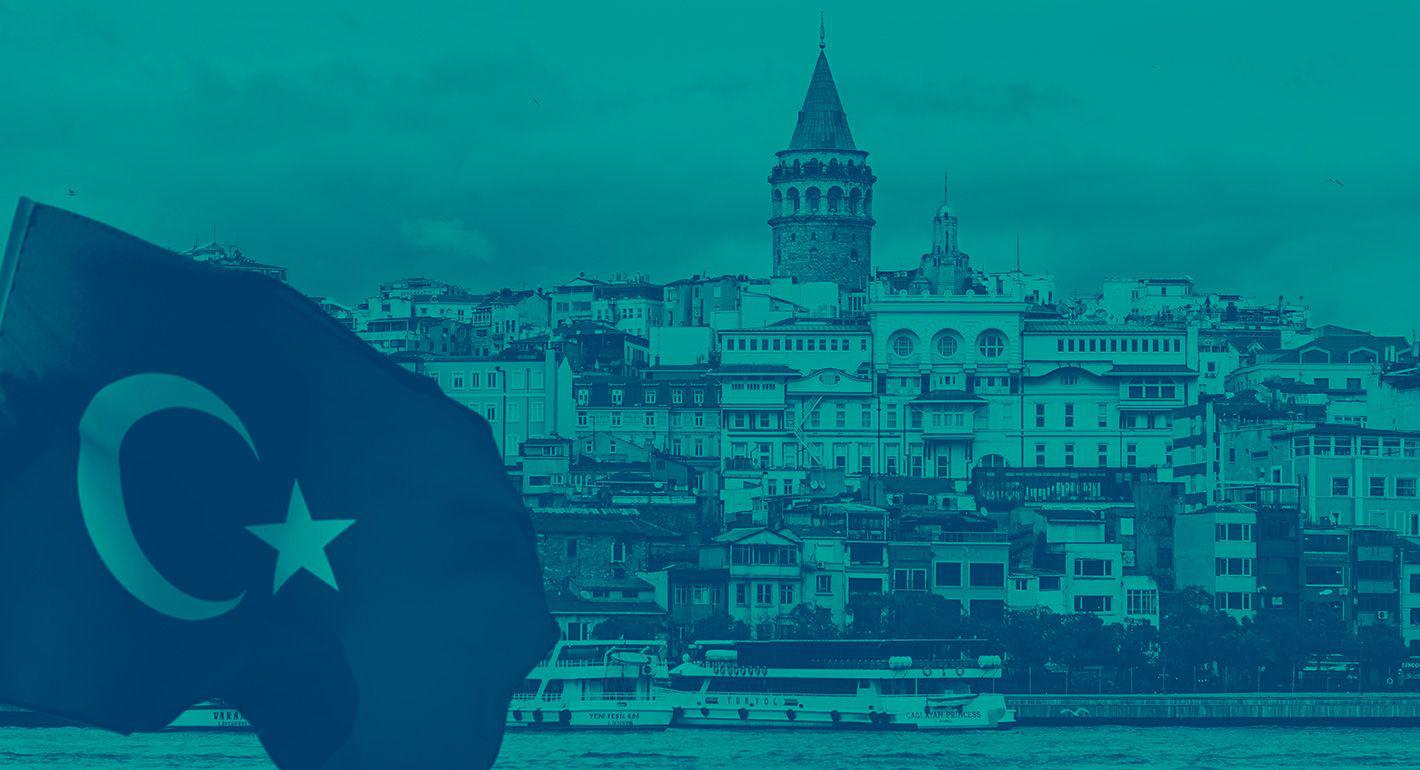Registration
You will receive an email confirming your registration.
Since coming to power in 2002, Turkey’s President Recep Tayyip Erdoğan has overseen a radical transformation of the country. Under his leadership, Ankara has parted ways with the United States and Europe, embraced Russia and other revisionist powers, and transformed from a frail democratic regime into an authoritarian one.
Russia’s invasion of Ukraine presents Erdoğan with a major conundrum: how to balance Turkey’s ambivalent relationship with Moscow and Ankara’s erratic allegiance to NATO.
To analyze the political trajectory of Erdoğan’s regime, discuss the current state of affairs, and look ahead to Turkey’s 2023 presidential election, Carnegie Europe is pleased to invite you to a conversation with Dimitar Bechev, author of “Turkey Under Erdoğan: How a Country Turned from Democracy and the West,” Asli Aydıntaşbaş, and Marc Pierini. Rosa Balfour will moderate.
To submit a question for the event, please use the YouTube chat, email brussels@ceip.org, or tweet us at @Carnegie_Europe.
